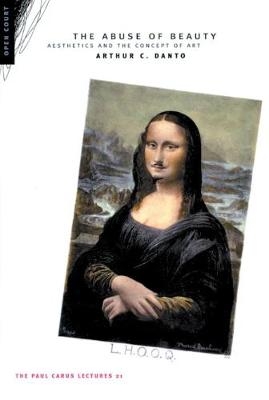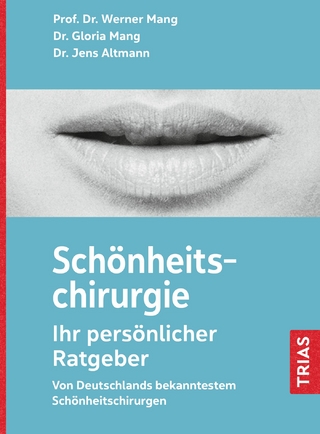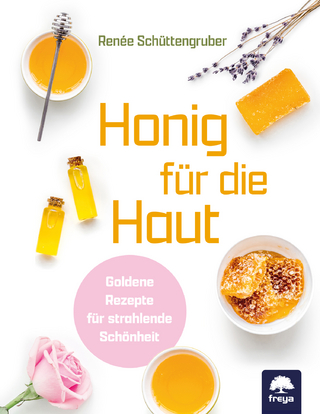
The Abuse of Beauty
The Paul Carus Lectures 21
Seiten
2003
Open Court Publishing Co ,U.S. (Verlag)
978-0-8126-9540-3 (ISBN)
Open Court Publishing Co ,U.S. (Verlag)
978-0-8126-9540-3 (ISBN)
Arthur C. Danto traces the evolution of the concept of beauty during the 20th century and explores how it was removed from the definition of art.
Danto simply and entertainingly traces the evolution of the concept of beauty over the past century and explores how it was removed from the definition of art. Beauty then came to be regarded as a serious aesthetic crime, whereas a hundred years ago it was almost unanimously considered the supreme purpose of art. Beauty is not, and should not be, the be-all and end-all of art, but it has an important place, and is not something to be avoided.
Danto draws eruditely upon the thoughts of artists and critics such as Rimbaud, Fry, Matisse, the Dadaists, Duchamp, and Greenberg, as well as on that of philosophers like Hume, Kant, and Hegel. Danto agrees with the dethroning of beauty as the essence of art, and maintains with telling examples that most art is not, in fact, beautiful. He argues, however, for the partial rehabilitation of beauty and the removal of any critical taboo against beauty. Beauty is one among the many modes through which thoughts are presented to human sensibility in art: disgust, horror, sublimity, and sexuality being among other such modes.
Danto simply and entertainingly traces the evolution of the concept of beauty over the past century and explores how it was removed from the definition of art. Beauty then came to be regarded as a serious aesthetic crime, whereas a hundred years ago it was almost unanimously considered the supreme purpose of art. Beauty is not, and should not be, the be-all and end-all of art, but it has an important place, and is not something to be avoided.
Danto draws eruditely upon the thoughts of artists and critics such as Rimbaud, Fry, Matisse, the Dadaists, Duchamp, and Greenberg, as well as on that of philosophers like Hume, Kant, and Hegel. Danto agrees with the dethroning of beauty as the essence of art, and maintains with telling examples that most art is not, in fact, beautiful. He argues, however, for the partial rehabilitation of beauty and the removal of any critical taboo against beauty. Beauty is one among the many modes through which thoughts are presented to human sensibility in art: disgust, horror, sublimity, and sexuality being among other such modes.
Arthur C. Danto is Johnsonian Professor of Philosophy Emeritus at Columbia University. He is the art critic for The Nation and author of more than 20 books.
| Erscheint lt. Verlag | 26.6.2003 |
|---|---|
| Zusatzinfo | 20 B&W illustrations |
| Verlagsort | Chicago, IL |
| Sprache | englisch |
| Maße | 152 x 228 mm |
| Gewicht | 326 g |
| Themenwelt | Sachbuch/Ratgeber ► Gesundheit / Leben / Psychologie ► Schönheit / Kosmetik |
| Geisteswissenschaften ► Geschichte | |
| Sozialwissenschaften | |
| ISBN-10 | 0-8126-9540-2 / 0812695402 |
| ISBN-13 | 978-0-8126-9540-3 / 9780812695403 |
| Zustand | Neuware |
| Haben Sie eine Frage zum Produkt? |
Mehr entdecken
aus dem Bereich
aus dem Bereich
goldene Rezepte für strahlende Schönheit
Buch | Softcover (2024)
Freya (Verlag)
16,90 €


